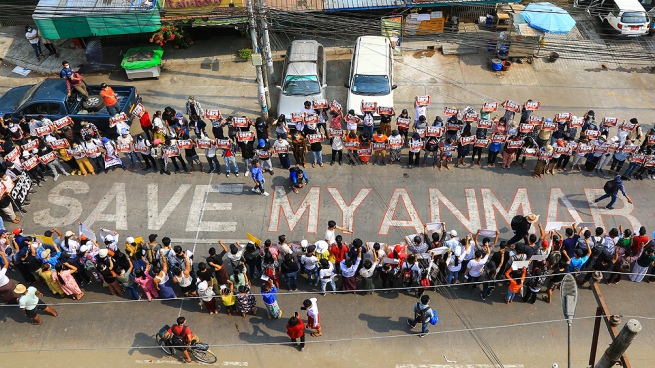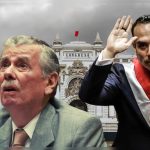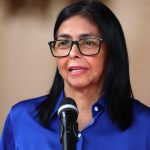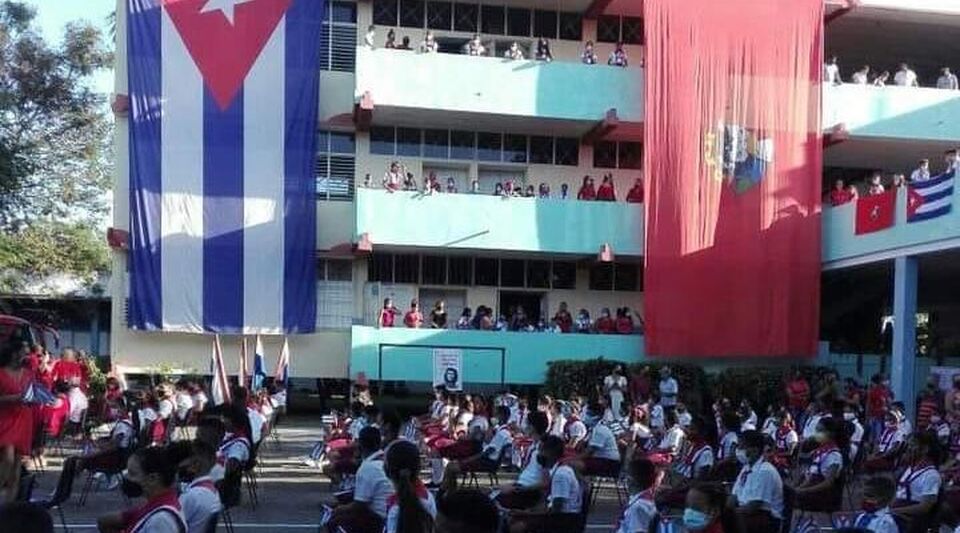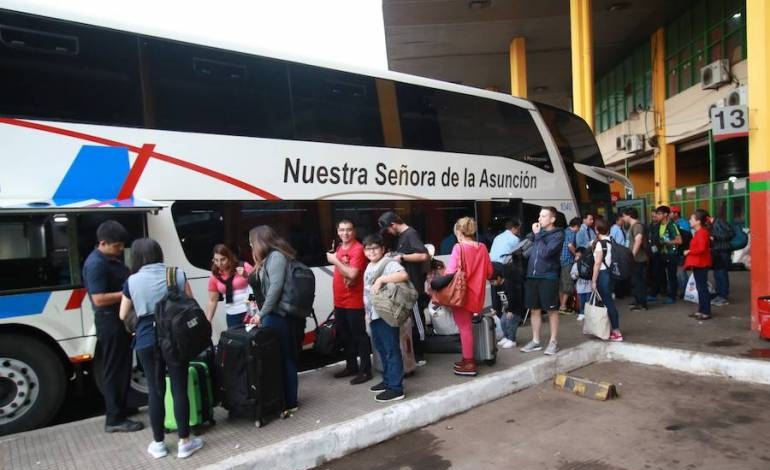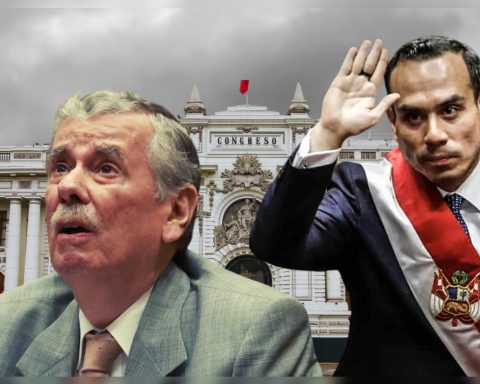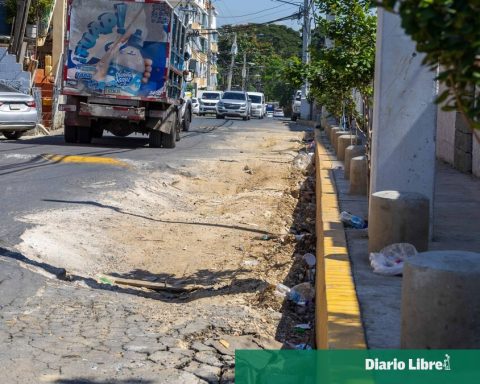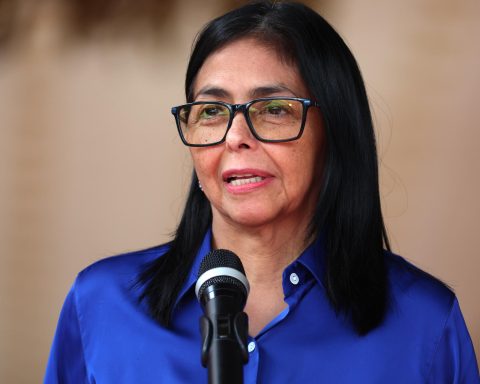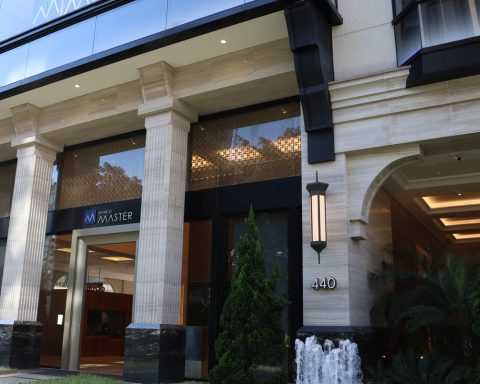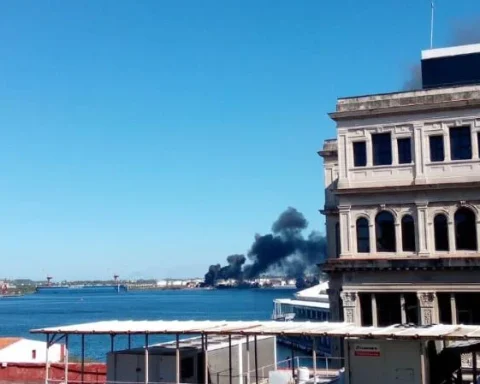American journalist Danny Fenster, detained in Myanmar since May, was pardoned, released and expelled from the country this Monday, on the eve of a trial in which he risked a life sentence, which was celebrated by the United States.
Fenster was pardoned prior to his release on “humanitarian grounds”, following negotiations with former US diplomat Bill Richardson and two Japanese envoys., said the military junta of the Asian country in a statement.
His release was achieved by “face-to-face negotiations” between the head of the board, Min Aung Hlaing, and Richardsonthe latter’s office said in a statement.
Both travel to the United States “via Qatar, for a day and a half,” he added.
“I was detained and held captive for no reason, but physically I was healthy. I was not starved or beaten.”Fenster told the press after arriving in Doha, the capital of Qatar.
The White House and the US State Department welcomed his release, the AFP news agency reported.
Fenster, 37, was the first Western journalist to be detained in many years in Myanmar, where the military took power in February, overthrowing the civilian government led by Nobel Peace Prize laureate Aung San Suu Kyi.
The Frontier Myanmar reporter had been sentenced last Friday to 11 years in detention for inciting dissent, illegal association and violation of the visa law.
#World | Journalist Danny Fenster released after being sentenced to 11 years in prison https://t.co/lSMm9wpSLk
– VPItv (@VPITV) November 15, 2021
On Tuesday he was due to appear in court on charges of “terrorism and sedition”, which could lead to life imprisonment.
Fenster had been working for Frontier Myanmar since mid-2020 and covered the military coup and subsequent crackdown. against dissent.
At the time of his arrest, at Rangoon International Airport on May 24, he was preparing to take a plane to leave the country.
Imprisoned 176 days, contracted coronavirus during detentionhis family members said in a conference call with US journalists last August.
Myanmar plunged into chaos on February 1, with a coup that ended a decade-long democratic hiatus.
The regime imposed a bloody repression on its opponents, with a balance of more than 1,200 civilians dead and no less than 7,000 detainees, according to the Association for Assistance to Political Prisoners (AAPP), a local NGO that has denounced cases of torture, rape and extrajudicial executions.
The press is muzzled by the board, which limits Internet access and canceled the licenses provided to the media.
More than 100 journalists have been arrested since the coup, according to Reporting Asean, an association for the defense of press freedom, which reported that 31 of them are still in detention.
For her part, Suu Kyi, 76, is currently on trial on various charges that can mean decades in prison.
